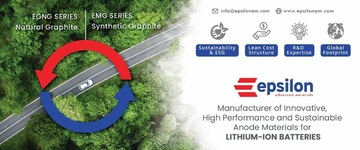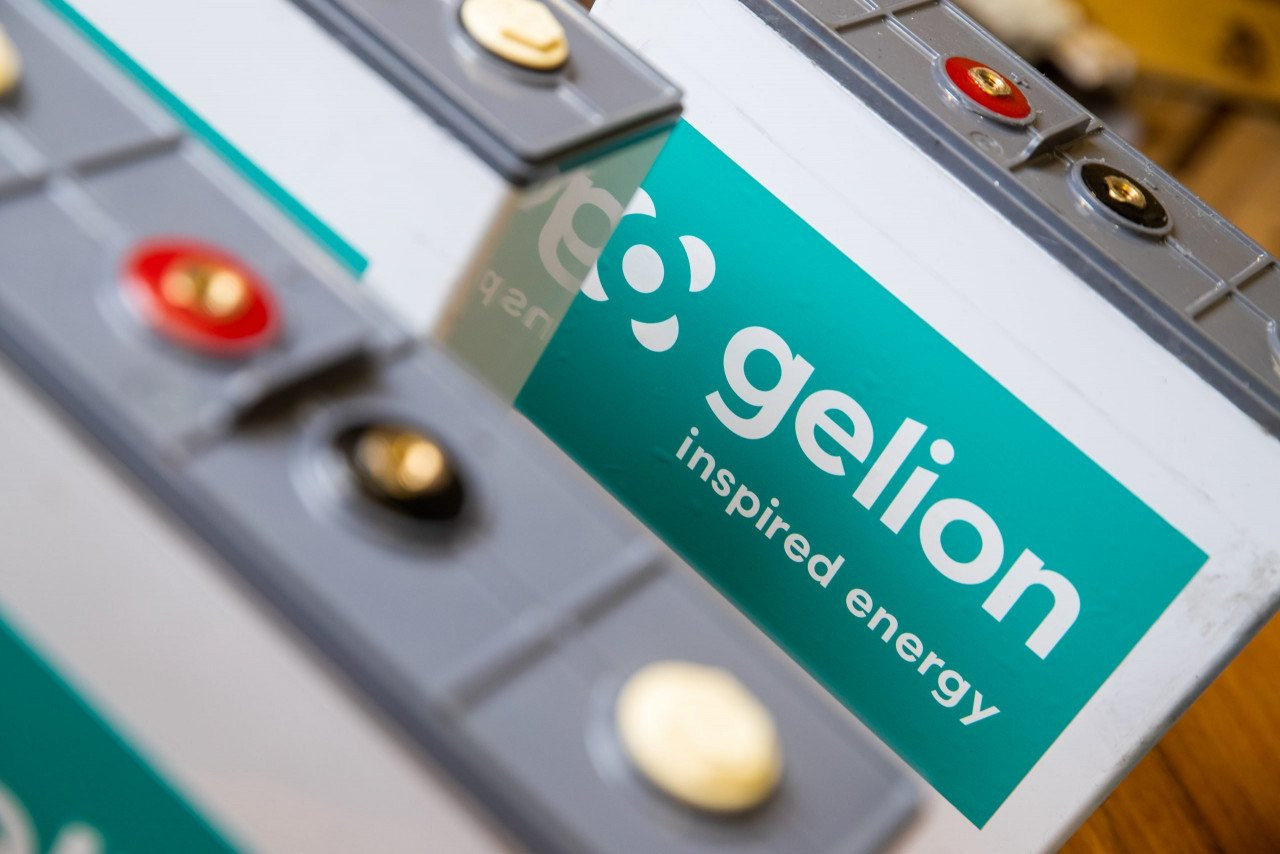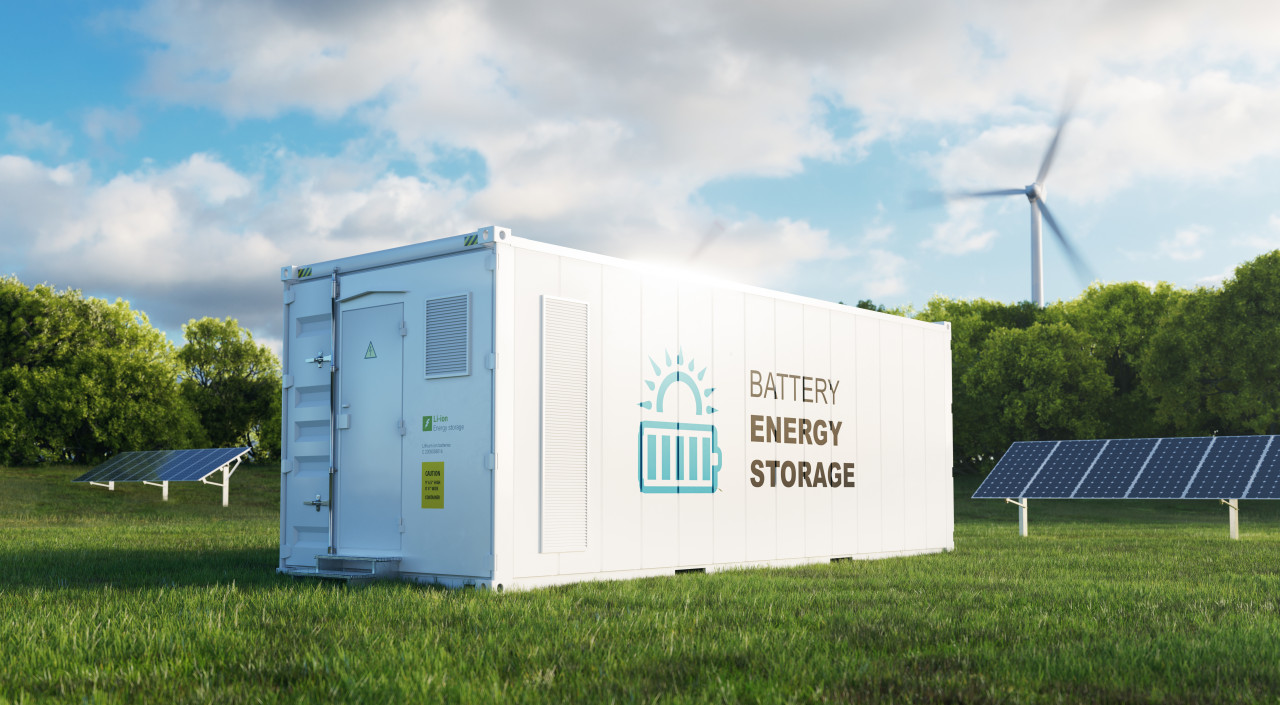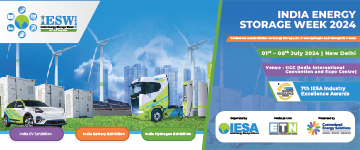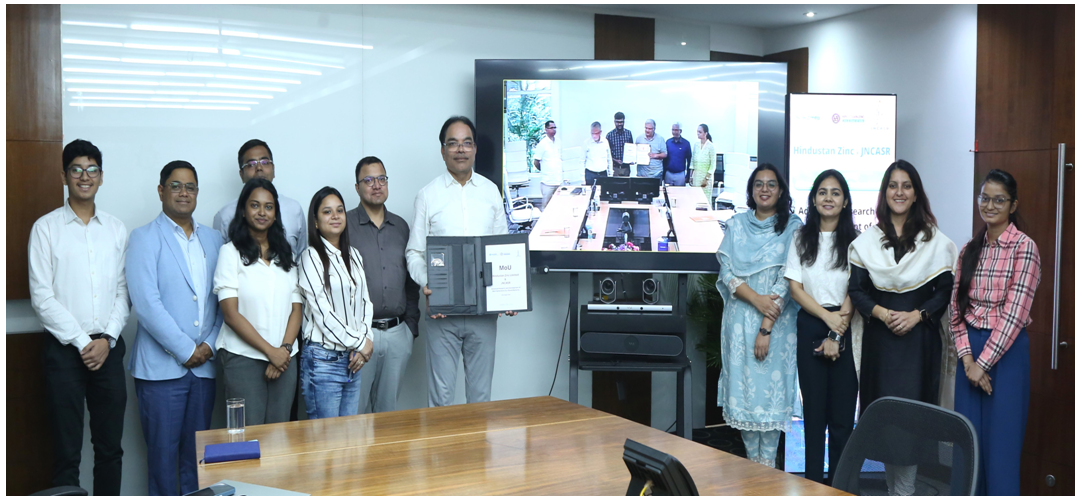Gelion and Ionblox partner to develop next-gen lithium-silicon-sulfur cells
Anglo-Australian battery maker, Gelion Plc (Gelion) on Tuesday said it has signed a joint development agreement with California-based battery technology company, Ionblox Inc (Ionblox) to develop next-generation lithium silicon sulfur (LiSiS) cells targetting electric vertical take-off and landing (eVTOL) and the global EV market.
As part of the JDA, Gelion will focus on the optimization of the sulfur cathode by incorporating the IP portfolio. At the same time, Ionblox will provide its high-energy density pre-lithiated silicon oxide anode and optimize it for use with Gelion's sulfur cathode. The two companies will work jointly in their R&D facilities located in Australia and the US to develop the LiSiS cells.
"With Ionblox we will be targeting development of next-generation silicon sulfur cells for global EV and electric aircraft markets together," said John Wood, CEO of Gelion.
Gelion has been leading the lithium-sulfur cell development by combining its R&D and IP with broad IP and know-how it acquired from Johnson Matthey earlier this year, and it has also been developing sulfur cathodes to integrate with a variety of anodes including silicon. Gelion also acquired UK-based lithium sulfur innovator OXLiD Ltd which further helped the company to make critical cathode improvements, novel IP, and broadened its team's expertise.
"Ionblox believes in the potential of sulfur to produce higher performance, cheaper, safer batteries which provide even more value to existing partners, and unlock new applications," said Sujeet Kumar, Co-founder and CEO of Ionblox.
Gelion and Ionblox will jointly aim to develop high-performance, next-generation LiSiS cells, which have the potential to deliver several advantages over traditional lithium-ion batteries:
Gelion and Ionblox JDA claims to deliver the following advantages over the traditional Li-ion batteries:
- Up to double the gravimetric energy density ~400 Wh/Kg, enabling increased range between charges in EVs, therefore reducing range anxiety.
- Lighter-weight batteries reducing the cost of manufacture for an EV for key components such as suspension, braking, and tires.
- Significant improvement of battery safety, due to the intrinsic reduction in thermal events achieved by the silicon-sulfur chemistry, dramatically reducing the risk of fires and/or explosion.
- Significant reduction of the LiSiS cell 'bill of material costs' by up to an estimated 35% thereby further reducing EV costs to better facilitate mass market take-up; and
- Reduction of the carbon lifecycle of LiSiS cells by more than 30% compared to incumbent technologies, delivering a more sustainable mass production of LiSiS batteries for EVs.
Upon completion of the LiSiS cells development both the companies will jointly finalize the commercial arrangements to take the cells to the global market.


